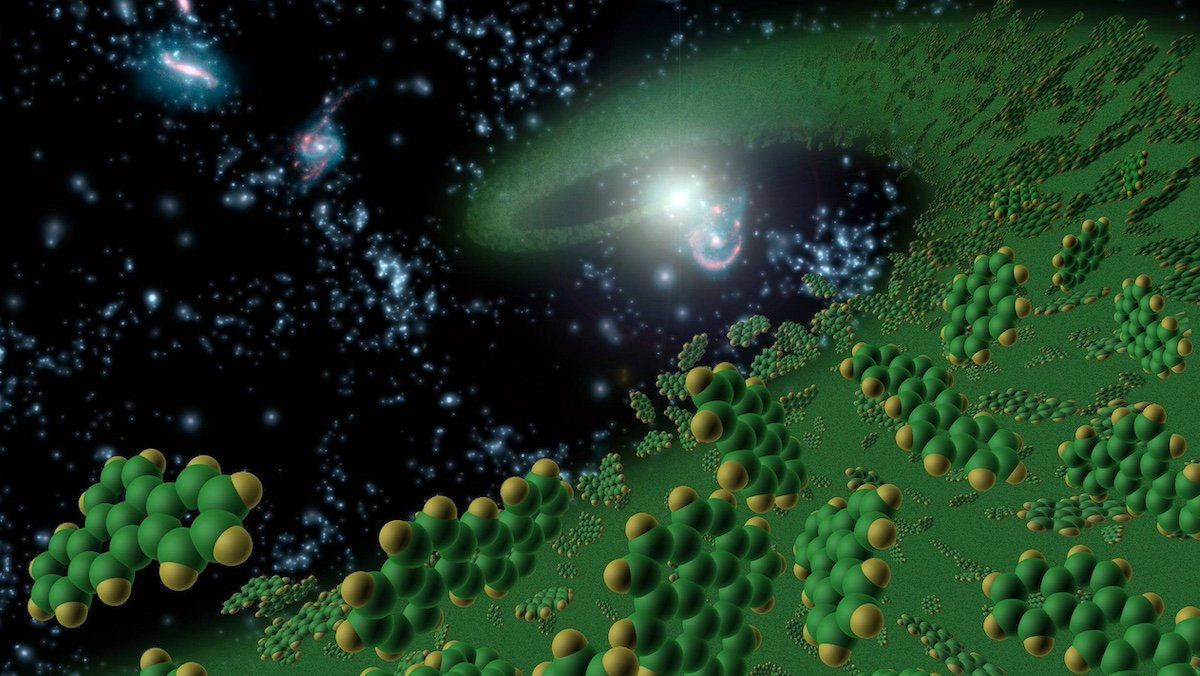Google updated one of its most potent artificial intelligence applications, an AI model called AlphaFold — and the latest version can model “all of life’s molecules,” the company said last week. Yeah, all of them.
While the previous version of the model could simply predict the structures of proteins, Alpha Fold 3 can actually model DNA and RNA, plus small molecules called ligands. Google’s DeepMind and Isomorphic Labs divisions, which worked on AlphaFold, said the new model is a 50% improvement over the last one.
“It tells us a lot more about how the machines of the cell interact,” John Jumper, a Google DeepMind researcher, told The New York Times. “It tells us how this should work and what happens when we get sick.”
With this technology, researchers can leap ahead in the fundamental techniques they use to model biological systems, test and develop new drugs, and build new materials. Google is letting researchers around the world use the model through a website called AlphaFold Server for any non-commercial research. Here’s hoping we can report on the first lifesaving drugs developed through AI soon.
